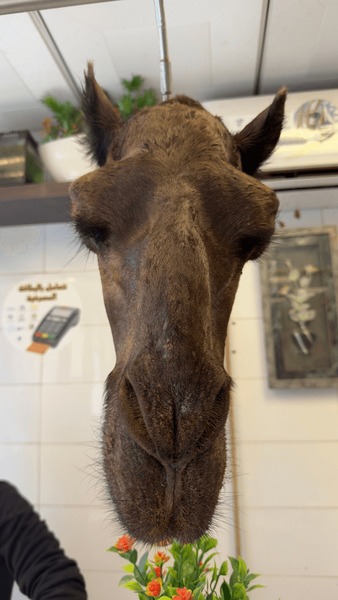Over the past year, Haryana Police have increasingly invoked the Prevention of Cruelty to Animals Act, 1960, to prosecute Muslim men for transporting buffaloes or possessing camel meat—even though there is no legal ban on the slaughter or consumption of these animals in the state, reported the Maktoob Media.
In many instances, police actions have bypassed the Haryana Gau Sanrakshan and Gau Samvardhan Act (HGSG Act), 2015—which specifically prohibits cow and oxen slaughter—and instead relied on the broader animal cruelty law.
An analysis of 18 FIRs from Faridabad and Nuh districts highlights a concerning pattern: police often use Section 11 of the PCA Act, intended to address animal neglect or cruelty, rather than unlawful slaughter.
In Faridabad, police filed 17 cases under Section 11 of the PCA Act, implicating 22 individuals and arresting 17. A total of 1,651 kg of buffalo meat was seized. Comparatively, under the HGSG Act, 37 individuals were booked, 23 arrested, and seizures included 31 cows, three oxen, and 305 kg of meat.
The pattern is similar in Nuh district, where 147 cases were registered under the HGSG Act, involving 476 accused and 246 arrests, with seizures of 1,012 animals and 2,040 kg of beef. In parallel, 13 FIRs under the PCA Act resulted in 37 accused and 26 arrests, along with the seizure of 2,720 kg of camel meat and 400 kg of buffalo meat.
A Faridabad police officer said, “When cows are found during raids, we invoke the HGSG Act. For buffaloes, we use the PCA Act.” However, buffalo and camel slaughter remains legal in Haryana.
The FIRs rarely cite the absence of slaughter licenses; instead, they allege “cruelty” such as animals being “tied cruelly” or “negligently slaughtered.” In one case at Dhauj police station, a man named Zahid was accused of slaughtering a buffalo in a walled compound. Eighty kilograms of meat were seized, and charges were filed under Section 325 of the Bharatiya Nyay Sanhita (BNS) and Section 11 of the PCA Act.
Yet, Section 11 of the PCA Act clarifies that lawful slaughter for food is exempt unless unnecessary suffering is caused. It mainly targets acts like using strychnine or dangerous tethering, not routine slaughter.
A police officer admitted that convictions under the PCA Act typically result in a small fine and are bailable offences.
Another case from July 19 in Ferozepur Jhirka involved Ballu, son of Asgar, who was booked after transporting a dead buffalo. A post-mortem found the animal died from a severed jugular vein, and police claimed it was “brutally killed” for meat sales.
Vakil, whose brother faced a PCA case, shared how the arrest led to financial strain. “My brother got bail quickly, but we had to hire a lawyer, close our hotel for a month, and now we live in constant fear while transporting meat,” he said.
In another FIR from August 12, a man named Nadeem was intercepted while transporting buffalo meat in a WagonR. About 85 kg of meat was seized, and Nadeem was booked under Section 325 of the BNS and Section 11 of the PCA Act.
Although the legal basis for these FIRs under the PCA Act is weak, the impact on Muslim individuals has been profound resulting in arrests, legal burdens, disrupted livelihoods, and heightened fear, even when operating within legal boundaries.




